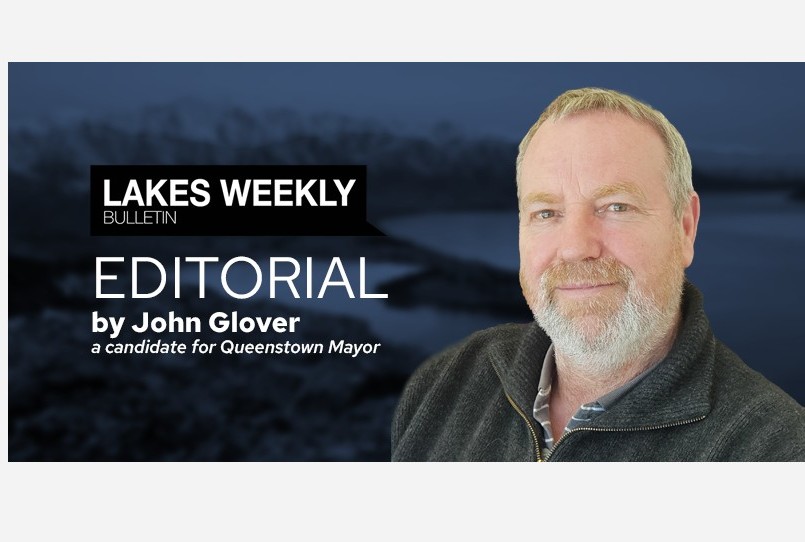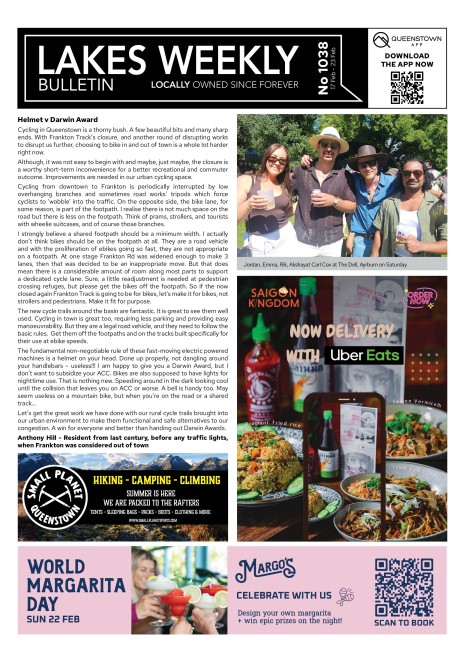Opinion: Let’s deliver great growth

When MC Katie Bradford asked candidates at the Chambers’ Mayoral debate last week “Would you consider a moratorium on future development until our infrastructure issues are sorted?” there was an audible ripple of support just for the fact that she asked the question.
That’s telling, and an indicator that we need to have the open, honest conversation about growth that we haven’t had. We’re constantly on the back foot, trying to catch up but going backwards. Our leaders boast about the size of our growth - but does it feel like something we are doing well and can be proud of?
We shouldn't fear growth - we should be on top of it and be comfortable that it will happen because we know what it will look like and we’ve co-designed the outcomes.
We’ve spatial plans, blue-green plans, climate and biodiversity plans and a long term vision - but we’ve never really decided what the picture on the top of the jigsaw puzzle box should look like in terms that we can relate to. What will have been built by 2050? What does a finished, mature district look like? The spatial plan describes outcomes but it’s out of date and understates growth.
How do we make best use of our land to build well rounded, complete and uplifting neighbourhoods? What does ‘good urban design’ really involve? What alternative solutions exist for wastewater management? What’s the plan to deliver infrastructure to enable the development we want to see or do we just carry on hoping for the best?
It’s untenable to adopt a “no growth” position. Government is driving growth. Growth will continue one way or another but we must manage our growth well and influence the outcomes.
Our environment and way of life shouldn't come second to growth. These aren’t either/or binary outcomes. They can co-exist if we take control. Let’s work out what we want growth to look like and what it should deliver for us.
And if we need to temporarily pause some growth by not providing connections to already overloaded water or wastewater connections, then we should consider that. Just like other councils are doing.
I believe we should construct a set of outcomes that will define “smart growth” and use these to influence growth. In my view, smart growth:
- increases economic diversity
- minimises environmental impacts
- increases productivity and profitability
- pays its way without placing new financial burdens on the existing community
- retains and recycles cashflow within the district
- increases career and qualification opportunities
- makes the district more affordable for everyday residents
- delivers neighbourhoods that are well-designed, diverse, vibrant and connected places to live
It’s time to think differently, time to control our future, time to lead the change.









